Goering: The Sudeten Crisis
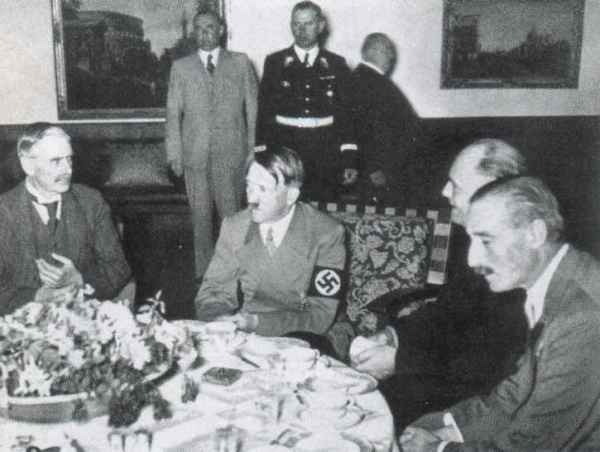
Dr Stahmer: What part did you have in making the Munich Pact of September 1938?
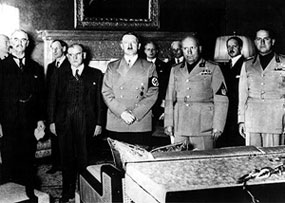
In November 1937, I stated to Lord Halifax that the Anschluss of Austria, the solution of the Sudeten German question in the sense of a return of the Sudeten Germans, and the solution of the problem of Danzig and the Corridor were integral parts of German policy. Whether they were tackled by Hitler one day, or by me or somebody else the next day, they would still remain political aims that under all circumstances would have to be attained sometime. However, both of us agreed that all efforts should be made to achieve that without resorting to war.

When the Sudeten question approached a crisis and a solution was intended by the Fuehrer, I, as a soldier and Commander-in-Chief of the Luftwaffe, as was my duty, took the preparatory measures, ordered for any eventuality. As a politician I was extremely happy at the attempts which were made to find a peaceful solution. I acknowledge that at that time I was very glad when I saw that the British Prime Minister was making every possible effort. Nevertheless, the situation on the day before the Munich agreement had again become very critical.
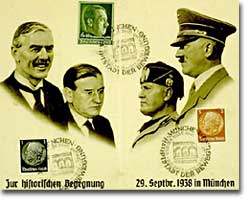
I took the Ambassador, and also Herr Constantin von Neurath although he was not Foreign Minister at that time, at once to the Reich Chancellery and reported everything to the Fuehrer, tried to persuade him, explained to him the advantages of such a step and said that this could be the basis for a general easing of tension. Whether the other current political and diplomatic endeavors would be successful one could not yet say, but if four leading statesmen of the four large western European powers were to meet, then much would be gained by that. Herr von Neurath supported my argument, and the Fuehrer agreed and said we should call the Duce by telephone. Attolico, who waited outside, did that immediately, whereupon Mussolini called the Fuehrer officially and matters were agreed and Munich decided upon as the place.
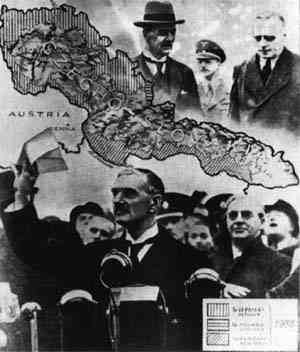
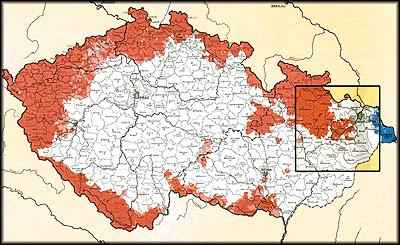





The Nuremberg Tribunal Biographies
Caution: As always, these excerpts from trial testimony should not necessarily be mistaken for fact. It should be kept in mind that they are the sometimes-desperate statements of hard-pressed defendants seeking to avoid culpability and shift responsibility from charges that, should they be found guilty, can possibly be punishable by death.
Disclaimer:The Propagander!™ includes diverse and controversial materials--such as excerpts from the writings of racists and anti-Semites--so that its readers can learn the nature and extent of hate and anti-Semitic discourse. It is our sincere belief that only the informed citizen can prevail over the ignorance of Racialist "thought." Far from approving these writings, The Propagander!™ condemns racism in all of its forms and manifestations.
Source Note: The trial portion of this material, which is available in its entirety at the outstanding Avalon and Nizkor sites, is being presented here in a catagorized form for ease of study and is not meant to supplant or replace these highly recommended sources.
Fair Use Notice: This site may contain copyrighted material the use of which has not always been specifically authorized by the copyright owner. We are making such material available in our efforts to advance understanding of historical, political, human rights, economic, democracy, scientific, environmental, and social justice issues, etc. We believe this constitutes a "fair use" of any such copyrighted material as provided for in section 107 of the US Copyright Law. In accordance with Title 17 U.S.C. Section 107, the material on this site is distributed without profit to those who have expressed a prior interest in receiving the included information for research and educational purposes. If you wish to use copyrighted material from this site for purposes of your own that go beyond 'fair use', you must obtain permission from the copyright owner.

